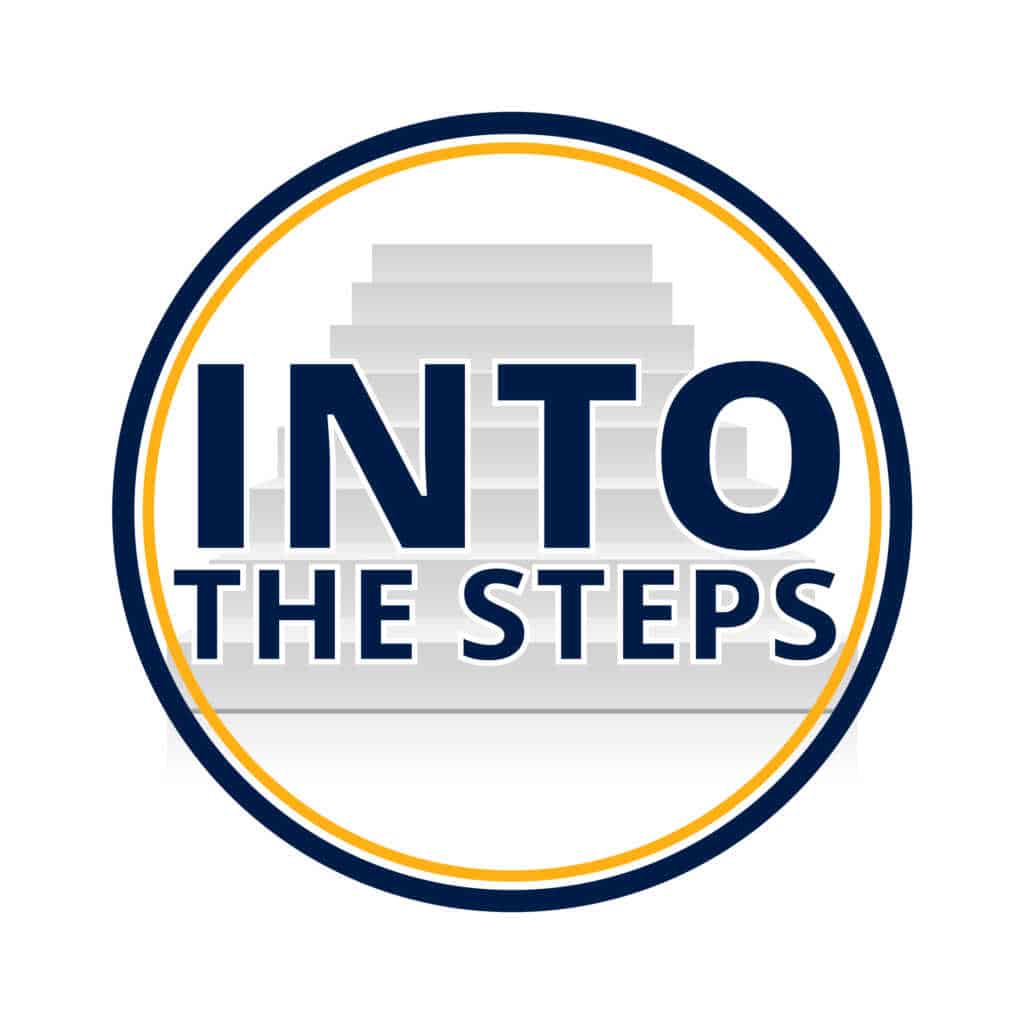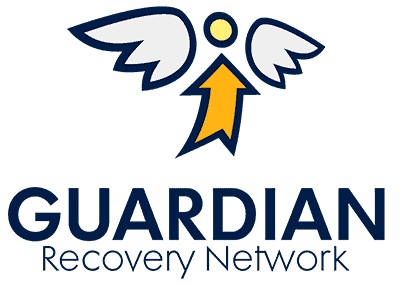Second Step
Second Step Summarized
The Second Step is to start believing that there is hope. By finding a power greater than ourselves — whether that is the power inherent in the collective community of Alcoholics Anonymous, or in a spiritual force of our own understanding — we come to believe in our ability to change. We see AA has worked for millions of people, and begin to believe it could work for us too. Believing there is hope is the essence of the second step.
Into the Steps
Into the Steps is a series of articles that dives deep into each of the 12 Steps. While Guardian Recovery is not affiliated with Alcoholics Anonymous, we have been utilizing the 12-Step process in a treatment setting for more than 15 years. We have found that the steps, especially in combination with our clinical therapy offerings, are a powerful tool for helping individuals transform their lives and find lasting freedom from addiction.
It is highly encouraged that you do not attempt to take these steps alone, but rather with a trusted guide called a sponsor who can walk you through them and be your support. Or, you can come work them at a Guardian Recovery treatment program. Unlike many other treatment centers, we don’t just teach individuals about the steps, we actively work them. Find a facility here.
Second Step Explained
In Step One, we learn that we are truly powerless over our addiction. We realize exactly what we are battling — a mind that entices us to drink or use, and a body that then compels us to keep drinking or using once we start. We realize that, without help, we are doomed to continue our addiction. We may have periods of sobriety, but our mind will always convince us to drink or use again if we leave it untreated. We admit to our innermost selves that we are powerless over our addiction, and that our life is unmanageable. So then what do we do about it?
If we are powerless, then we must find a power that can help us. For every person that power can be different. It can be the power inherent in the collective group of Alcoholics Anonymous, the direction of one’s sponsor, or it can be a spiritual power of any kind. This power does not need to be God in any traditional sense of the term at all. This force can be vague and undefined. The point is we come to believe that there is some sort of power helping individuals to achieve sobriety.
We look around at all the sober individuals in Alcoholics Anonymous who used to drink or use drugs like we did — who were once just as hopeless . We witness how they’ve changed. We hear their laughter. We see their smiles. We sense their kindness, warmth and love. We hear their horrendous stories from their past lives in addiction, and we acknowledge that something must be working in their lives.
If we are willing to believe that the program of Alcoholics Anonymous worked for those people, then maybe, just maybe, it can work for us too.
If we want what those sober, happy people have, then we need to do what they did. And what did they do? They worked the rest of the 12 Steps of Alcoholics Anonymous.
In Step Two we come to believe that there is hope for us for a better life — one free from our addiction. We come to believe that there is a power that can help us achieve recovery.
To learn more in depth about this Step and the topic of finding a Higher Power, we recommend reading Step Two in the Twelve and Twelve and the chapter called “We Agnostics” in the Big Book of Alcoholics Anonymous.
Guardian Recovery & the Second Step
The Second Step essentially asks individuals to find hope for their recovery and hope for a better life. Sometimes it can be difficult to find this hope when one is out in the world-at-large feeling isolated and alone. It can be difficult for someone to even get sober long enough to find any hope. This is why it is sometimes necessary for an individual to seek addiction treatment. Even the A.A. Big Book says that someone who is jittery or befogged by addiction might need to seek medical treatment before they can give their all to working the 12 Steps.
At Guardian Recovery, our goal is to help individuals build a solid foundation for their recovery. That starts with physical sobriety, which often requires a medical detox. It soon follows with working the 12 Steps in an residential inpatient or intensive outpatient treatment environment. Some individuals highly benefit by working the 12 Steps in a structured, supportive and professional environment. By establishing healthy practices while in a treatment setting, an individual is better able to then apply those habits in the world-at-large.
If you or someone you love might benefit from working the Steps in a treatment environment, contact us any time. Our compassionate Treatment Advisors are available 24/7 to help you craft a plan for long-term recovery.
Into the Steps
Integrated, Holistic Care
At Guardian Recovery we believe in taking an integrated approach to addiction treatment, meaning that we simultaneously focus on physical, mental, emotional and spiritual healing. We take a “whole person” approach to recovery, which allows for the development of vital relapse prevention and life skills. Clients learn how to work through uncomfortable feelings and emotions and engage in self-care as they navigate early recovery and transition back into independent living. To learn more about our integrated approach to recovery, or to learn more about the importance of mindfulness and meditation, contact us today.
Get Started Now
Give us a call 24/7


